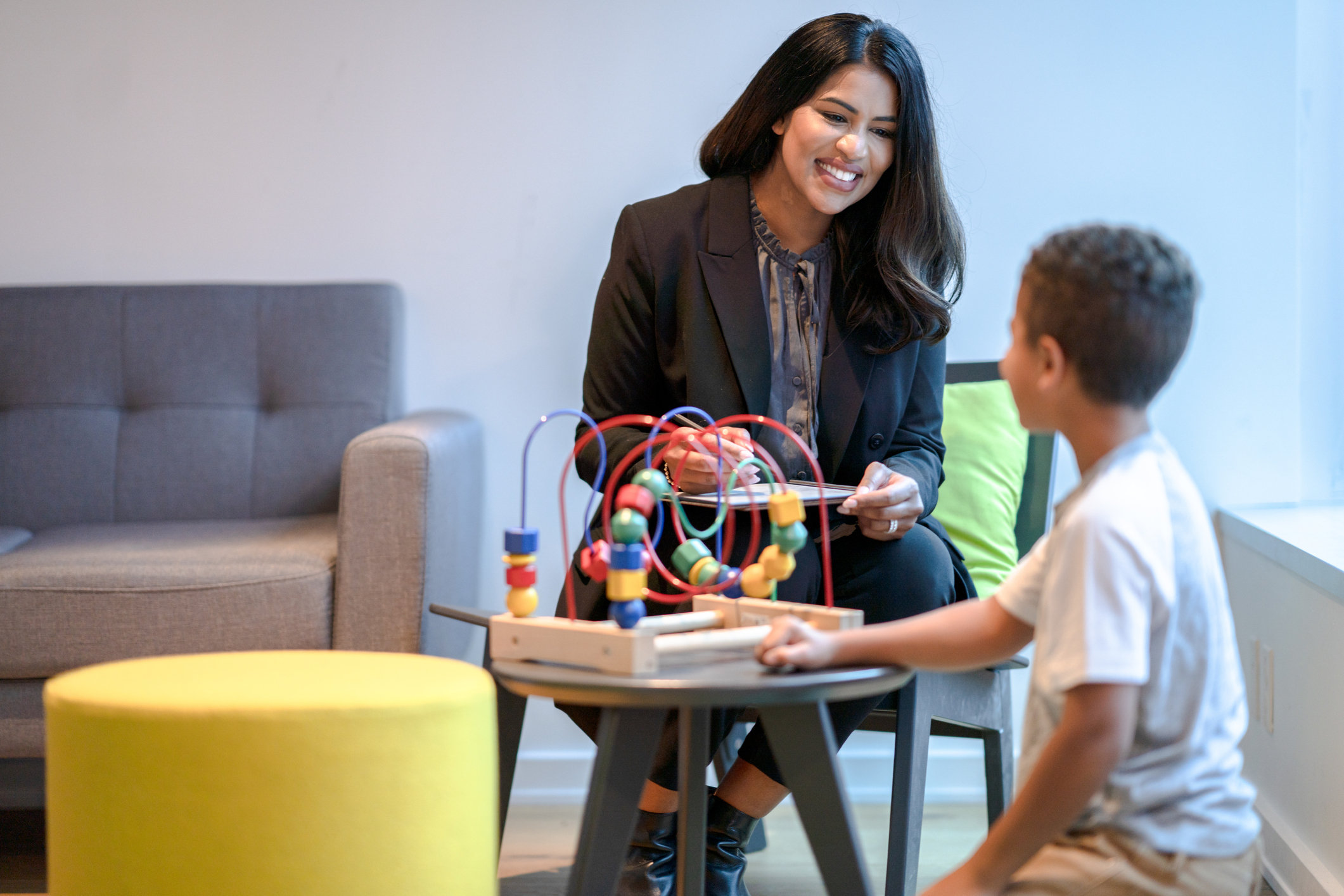The holidays are approaching. Kids are out of school. Traffic becomes even more unbearable. There can be expectations for meals and family and/or cultural traditions. There may be extra items to purchase, putting a strain on the budget. You may feel a lot of pressure to meet these spoken or unspoken expectations of friends and family. Or, perhaps, you lost or had conflict with a loved one and wish you could skip the holidays. At the same time, you may look forward to the seasonal decorations and the parties, potential time off work and a chance to relax, even take a nap. There is often special time with friends and family. Maybe you really enjoy celebrating religious and/or other cultural events. The holidays really can involve “all the things,” and all of the feelings. Excitement. Overwhelmed. Delight. Frustration. Joy. Sadness. With so much going on, managing stress becomes key to enjoying this detour from daily life. How can you stay healthy, engaged, and find joy amidst the holiday chaos?
What Routines Are
One way to promote health is to create routines. A routine is a series of actions that is regularly completed in a specific order. For example, your morning routine might involve getting up, showering, eating breakfast, and heading to work. These consistent actions help provide stability and predictability to your day.
Why Routines Are Helpful
Our bodies depend on routines. For example, going to sleep and waking up at the same times helps our internal clock stay regulated and we get better quality sleep. Eating at regularly scheduled times helps us maintain/manage weight, sleep better, and reduces the risk of chronic diseases. In a nutshell, our physical health thrives on routine. Routines impact our behavioral health as well. The structure of a routine helps us know what to expect. Predictable routines help us feel more comfortable and secure, fostering a sense of control over our environment. Children learn independence and self-confidence through routines around self-care (e.g., brushing teeth before bed) and daily living skills, such as taking out the trash after dinner.
How Holiday Hustle and Bustle Disrupts Routines
While we may welcome a change in pace over the holidays, it can also be stressful for both kids and adults. During the holiday hustle, it’s common to see children—and even adults—become overwhelmed or irritable due to overstimulation. I’ve certainly felt like having a meltdown in the grocery store when I’ve been overwhelmed by my holiday “to do” list. While on holiday, we often get less sleep or sleep in late. We eat sweet treats (my grandma’s caramel popcorn recipe is my favorite), snack later at night, and eat larger meals, skipping some.We may also enjoy a relaxed pace, skipping our physical activity routines. Colder weather in some places can also damper outside play and increase screen time. Rest is important, but our bodies also miss the movement. On the other hand, kids may also get overstimulated by the constant activity, bright decorations, holiday music and crowded public places. Because we are traveling, stressed, and tired we are more likely to get sick.
In short, our regular schedules are disrupted, and the holiday “dysroutine” has taken over. I don’t know about your experience, but this chaos doesn’t feel good to me. Honestly, I wrote this blog post to give myself permission to say no to a few things this year. If you are feeling overwhelmed, too, I invite you to join me in setting some reasonable goals for my family walking into this holiday season.
Finding Balance: What Questions to Consider
- What are my priorities, preferences, and needs? Do they differ from my kids, partner, or others in my family? In other words, what holiday events or traditions are most meaningful? Are there any that I’d choose not to do this year? Why or why not?
- What can we reasonably expect to do with our time off?
- Are we hosting or traveling this year? How does this affect our other choices?
- What are the needs for my child’s down time? Are they independent or do they need supervision?
- What would it look like for us to find time to rest and relax?
- What is our budget for the holiday season?
Tips for Establishing a Comfortable Holiday Routine
- Have a family meeting ahead of the holiday season. Encourage each person to share their priorities, preferences, and needs. It may be helpful for family members to rank their preferences.
- Decide together as a family what you will choose to do this holiday season. This may look like a “bucket list.” Consider the family’s budget when making these decisions so that you can reduce the strain of overspending. Find a balance of rest and celebration that feels manageable for your family. When we are super busy, we rush through the motions. But, when we choose quality over quantity, we can be more present in the moment, fully enjoying the experiences in front of us. Kids take notice if we are fully present, and we model healthy habits for them.
- Set family goals in a positive way, focusing on what you want to achieve rather than what to avoid. For example, ‘Go to bed by X time’ versus ‘Don’t stay up late’. They are also reasonable, with actionable steps. This means you can actually achieve them with specific changes in your behaviors. For example, if you set a goal to spend more time resting this holiday season, think about what this would look like. What do you consider restful? What behaviors would you need to change to find more time to rest?
- Consider maintaining consistent schedules for meals, sleep, and movement. At the same time, don’t be afraid to enjoy that late movie or party or indulge in one of those adorable, decorated cookies. Try to find a balance of including these special things into your routine instead of giving yourself permission to go off the deep end. For more information, check out our blogs on sleep, nutrition, and physical activity.
- Think about posting a daily schedule so that your family knows what to expect each day. This might include meals, rest, physical activity, special events, etc.
- Consider posting a calendar by the week. Young children, especially, may benefit from a visual display of the number of days until a special event.
- Think about how the holiday schedule might change exposure to screen time. Providing clear expectations for screen time up front helps kids know what to expect. Consider what alternative activities are available so that when screen time is requested, other options are presented. Take a look at our blogs on the risks and benefits of screen time and creating a screen time plan that works for your family.
Throughout the season, be mindful of pausing to assess your stress level. Take a deep breath. Find a quiet space to unwind, even if it’s just for 10-15 minutes. Creating margins in your day to take care of yourself can help you feel more equipped to experience the holidays.
—
About the Author
Janelle Wagner Ph.D., serves on the Professional Development Team as an Associate Trainer and Consultant for PracticeWise. Learn more about Dr. Wagner on the PracticeWise team page.







